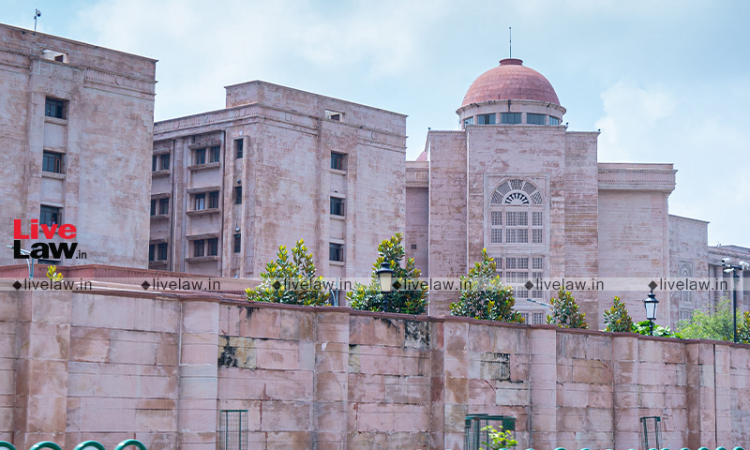Undertaking As Contemplated U/S 4 Of Partition Act Must Be Unconditional: Allahabad High Court
Shivang
25 Feb 2022 7:45 PM IST

Next Story
25 Feb 2022 7:45 PM IST
The Allahabad High Court, sitting in Lucknow, recently held that a member of an undivided family being a shareholder of the family's dwelling-house is entitled to exercise his rights under Section 4 of the Partition Act only if the undertaking is unconditional. The declaration was made by Justice Jaspreet Singh.Section 4 of the Partition Act provides that where a share of a...
